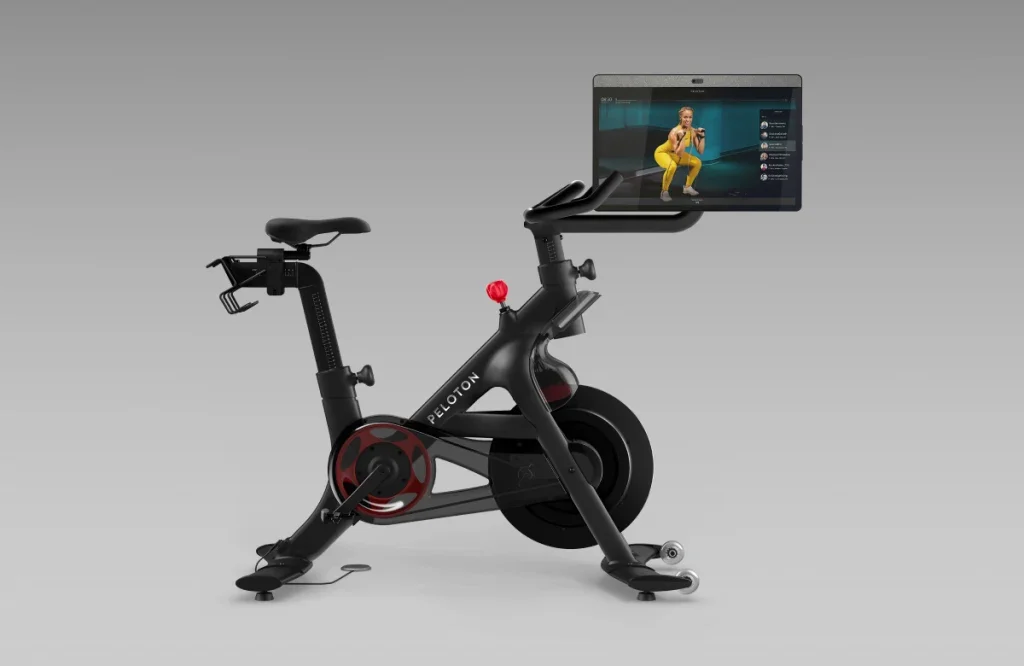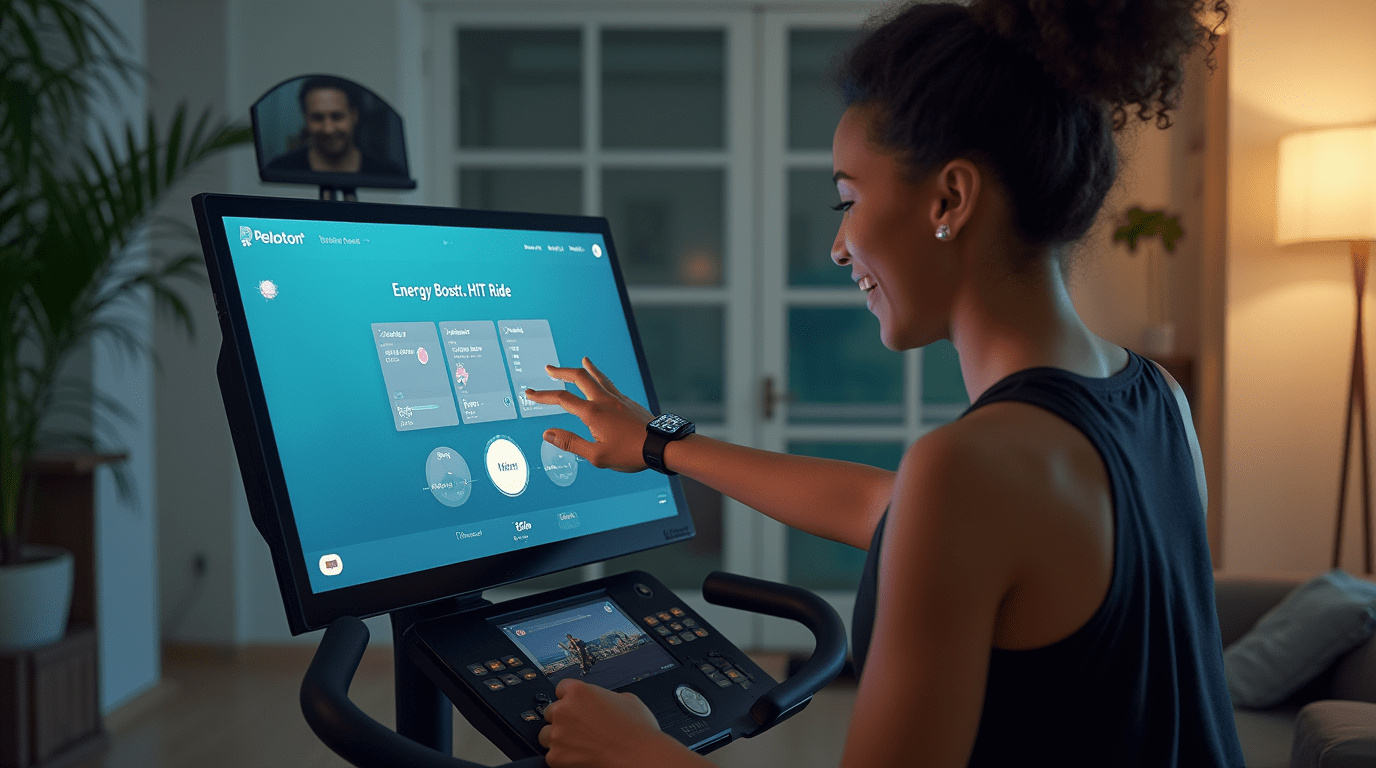Peloton has unveiled a new AI-driven feature that generates custom workouts based on users’ real-time mood and energy levels, marking a significant step in personalized fitness technology.
The feature, now available to all Peloton members, uses machine learning and biometric data to adjust workout intensity, duration, and type dynamically.

The system analyzes user inputs, such as self-reported mood (e.g., “stressed,” “energized,” or “tired”) and wearable device data, to recommend optimal routines.
For example, a fatigued user may receive a low-impact yoga session, while someone feeling energetic could be guided toward high-intensity interval training.
Peloton’s AI also tracks historical workout performance and preferences to refine suggestions over time.
CEO Barry McCarthy stated, “This isn’t just about smarter algorithms, it’s about meeting users where they are mentally and physically every day.”
Early beta testers reported a 30% increase in workout consistency, with many praising the feature for reducing decision fatigue. The update integrates with Peloton’s existing hardware, including its Bike, Tread, and Row machines, as well as the mobile app. It also syncs with third-party wearables like Apple Watch and Fitbit to pull heart rate and activity data for more precise adjustments.
Industry analysts note that the move positions Peloton ahead of competitors in adaptive fitness tech. However, some privacy advocates have raised concerns over data usage, though Peloton assures that all biometric information is anonymized and encrypted.
The rollout follows Peloton’s recent push into AI, including voice-controlled coaching and form analysis. The company plans further expansions, such as nutrition recommendations tied to workout data.
Peloton’s stock rose 4% following the announcement, reflecting investor optimism. The feature is available now for all subscribers at no additional cost.
Suggested Read: Apple Watch Leads Fitness Wearable Market
